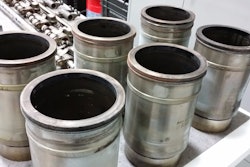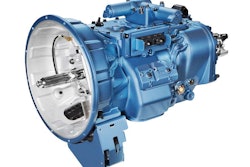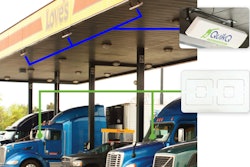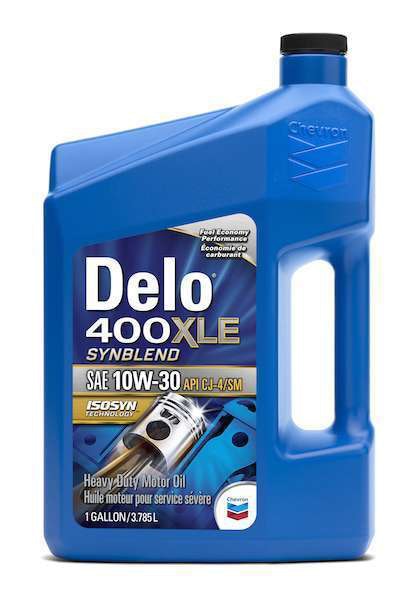 Oil grades like 10W-30s will help lower fuel economy and GHG emissions. The “thinner” oils are one fork of the next-gen engine oils, scheduled to go to market late next year.
Oil grades like 10W-30s will help lower fuel economy and GHG emissions. The “thinner” oils are one fork of the next-gen engine oils, scheduled to go to market late next year.The “rules of the game” for next-gen engine oils, still set to hit the market late next year, should be fully defined in the coming months, says Chevron Delo’s Shawn Whitacre, giving oil makers like Chevron a year to finalize their products and to meet the new specifications of the so-called PC-11 oils.
The new oils are scheduled to be first licensed on Dec. 1, 2016, Whitacre says, the date by which it will be available to fleets and owner-operators. PC-11 will be split into two categories. The first will replace the current CJ-4 oils on the market and will be licenced as CK-4 by the American Petroleum Institute. The second, which will be called FA-4, will be low viscosity oils — “thinner” oils designed to help increase fuel economy and lower greenhouse gas emissions.
Whitacre, a senior staff engineer for Chevron, is the new chairman of the ASTM’s Heavy-Duty Engine Oil Classification Panel, replacing outgoing chairman Jim McGeehan, a longtime Chevron oil engineer and longtime chair of the classification development panel. Whitacre has been on the panel since 1996, helping develop five engine oil categories.
The two PC-11 oils are the first new classifications in a decade, requested by engine makers several years ago to meet the needs of evolving, modern engines and help aid in meeting current and upcoming fuel economy and emissions regulations.
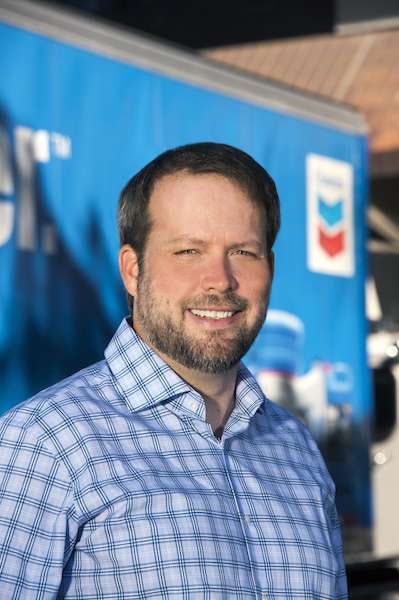 Shawn Whitacre
Shawn WhitacreThe testing processes for the new categories is stringent and time consuming, Whitacre says — why oil makers like Delo will have a year to conduct the tests on the new oils, which have been in development now for about four years.
Oil buyers will, once the products go to market, have more options in their oil choices, Whitacre says, in the form of new lower viscosity grades like 10W-30s or those with even lower viscosity.
The CK-4 category will be completely backwards compatible with all engines on the market. But, says Whitacre, the thinner FA-4 oils may not be, and the decisions will be left to the engine manufacturers to determine whether if they can be used in older equipment.

